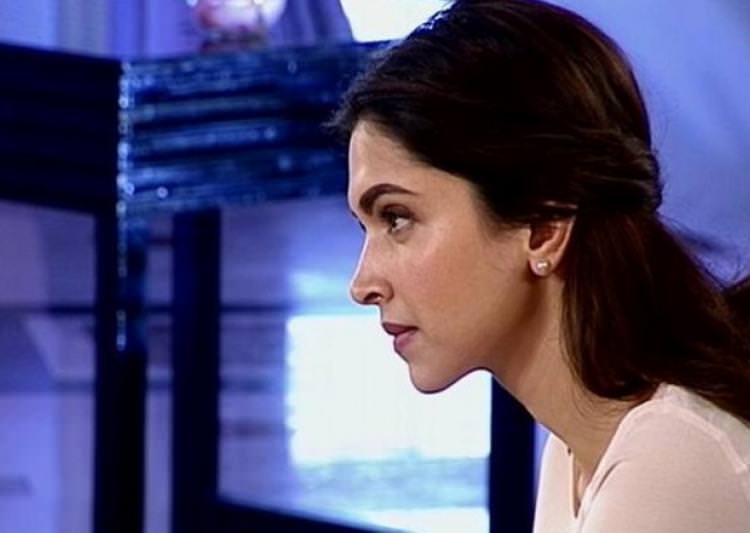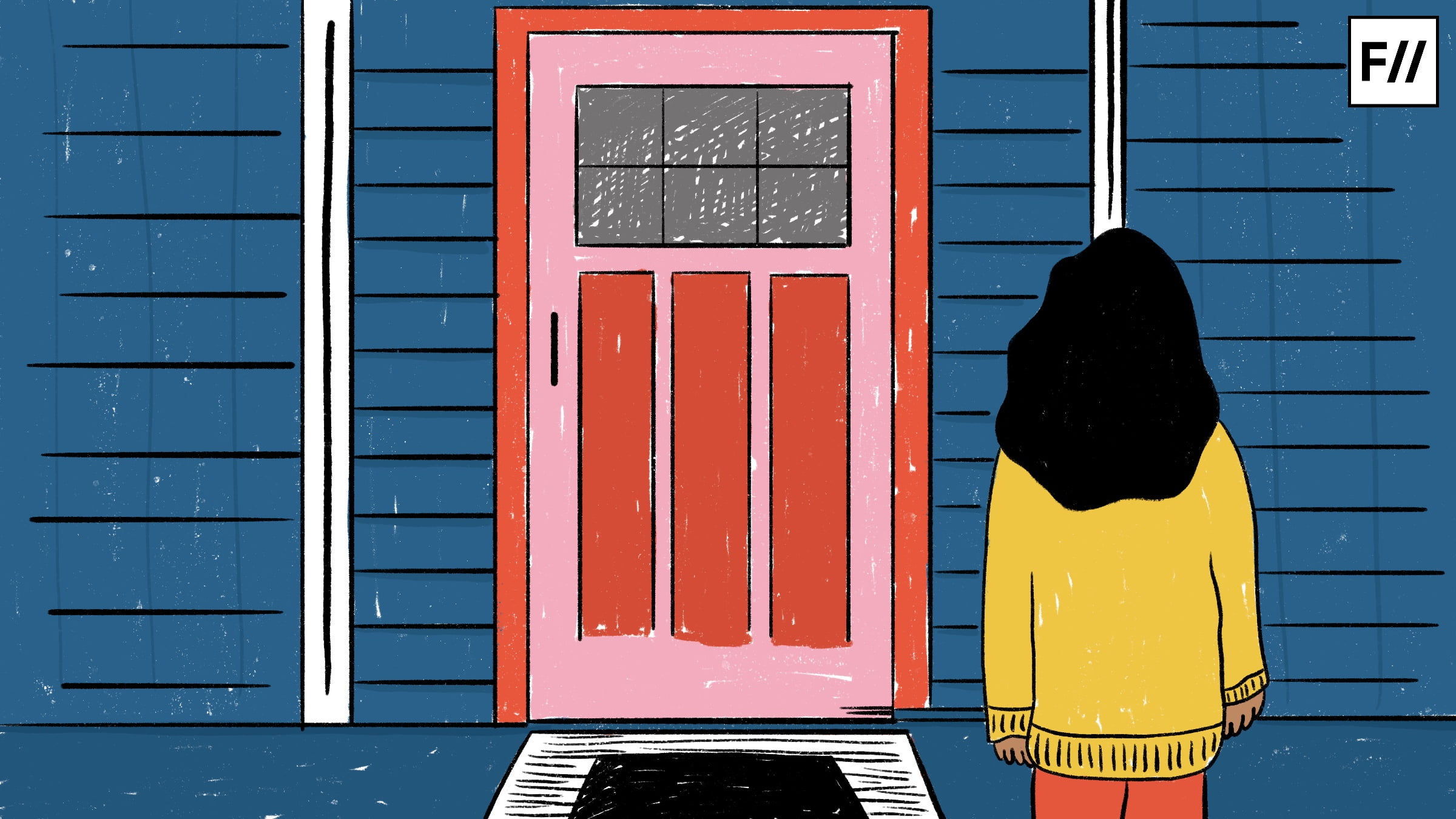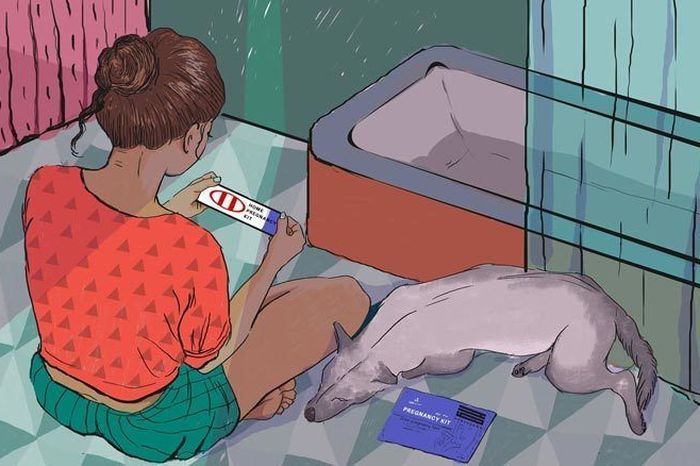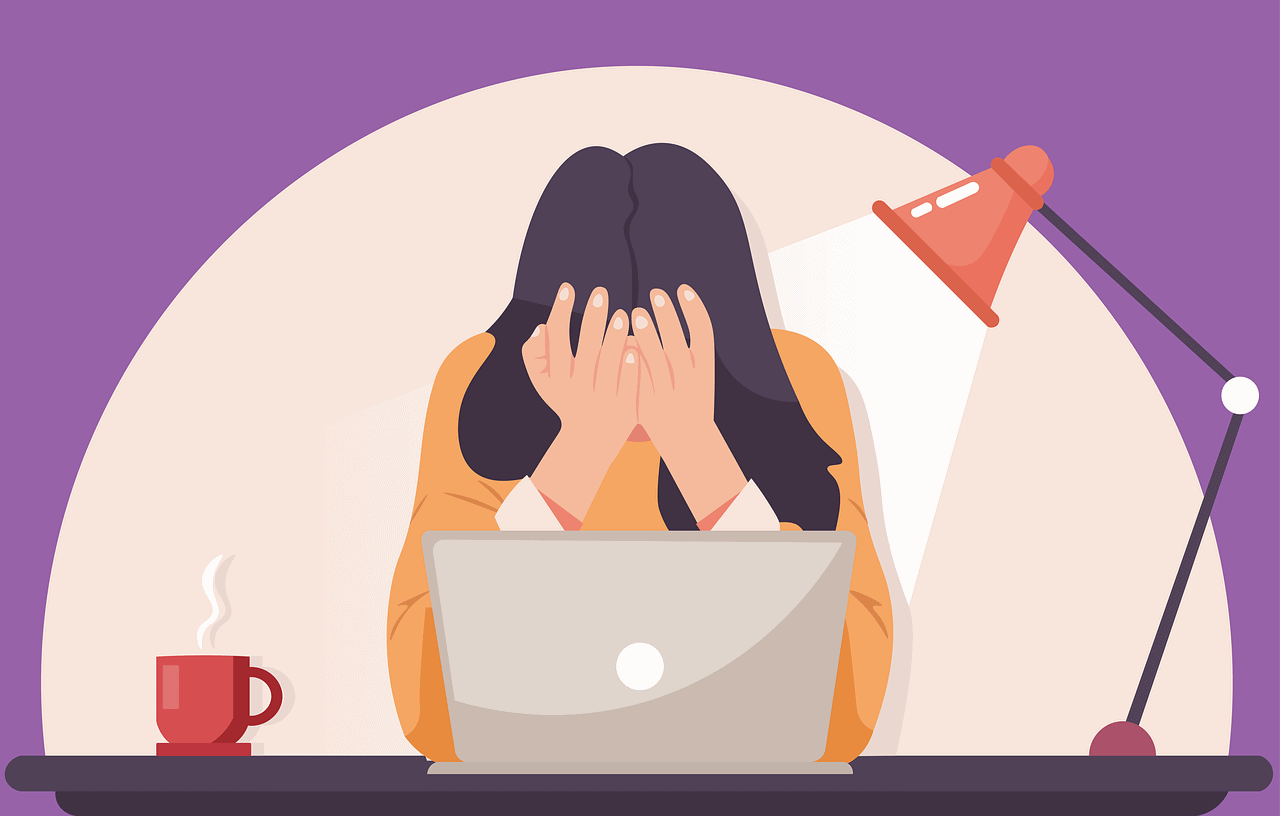Last week, actress Ileana D’cruz talked about her struggle with anxiety, depression and body dysmorphic disorder in an interview with Miss Malini. I cried reading the interview, like I almost always do when I hear someone talk about their mental health issues. This is because, most times it hits very close to home. In 2015, when Deepika Padukone talked about her depression on NDTV, everyone sat up and listened and so did I. This ‘directionless’ and ‘emptiness’ and the clear divide between feeling sad and being depressed that she was describing sounded all too familiar.
And so, one interview of Deepika, and an enlightening conversation with my sister later, I found myself in the wonderful part of the internet where people honestly talk about their experiences with anxiety and depression. There was a part of me that was relieved because I’d just found out that this condition that I was struggling to comprehend for several years was actually a valid feeling; there were words to describe it and there were ways to fix it. There was also a huge part of me that was scared of the seemingly insurmountable task that lay ahead; the part that had to figure out how to deal with it.
When celebrities like Deepika and Ileana describe their journey of dealing with mental illness, one of the biggest impacts they have is the hope that they are able to give to people dealing with similar conditions; the hope of being able to live functional and fulfilling lives despite their mental illnesses. The reason this is on the top of my list of pros when analysing the benefits of celebrity mental health revelations is that in these past few years, hope is exactly what I’ve struggled to hold on to. There is also the erasure of the stigma that comes with talking about it in mainstream media. The lesser the stigma, the easier it is to confide in close friends and family and the more secure your safety net becomes.
It is easy to recall that in most conversations I had with my friends and family about my depression, Deepika Padukone’s story inevitably came up. This just gives a sense of the impact and reach of this one interview, barely an hour long, on National television. Just like something upsetting doesn’t have to happen to you for your arm to be broken, something terrible doesn’t necessarily need to happen to you for your depression to be validated. This is a point celebrities can often successfully put across because of the illusion people have about their lives being ‘perfect’. Once it is established that it is an ailment like any other, the conversation about getting help becomes a whole lot easier.
Depression can mean different things to different people. For me, it means having good days but also having days where, even doing the bare minimum is a struggle. It sometimes means having a meltdown when you absolutely can’t afford to stop doing what you’re supposed to do. It means crying uncontrollably for hours on end without the slightest clue why. It means having tabs like an interactive guide to self care for when you feel like shit or a resource list to cope with anxiety and depression open on your laptop at all times because you don’t know when it is going to strike next. It means saving tonnes of reassuring screenshots on your phone reminding yourself to hang in there or writing notes to yourself that say ‘It’ll be over soon’, because you cannot predict when your mind is going to slip out of your control. For me, it has also been a journey of noticing and discovering things I never knew about myself. It has meant being able to empathise and help other people in their own battles with mental illness.
While there are several positive implications of celebrities talking about mental health, there is a flip side to it. What media shows you, are very often only stories of having ‘beaten’ mental illness. It isn’t difficult to imagine that sometimes instead of being an inspiration to people this can be a trigger to feeling guilty for not trying hard enough or not being strong enough to pick yourself up like the people around you seem to be doing. This is exactly why not just positive stories of mental illness, but instances of coping and dealing with it need to be out there, visible and accessible to the wider audience, to ensure that a warped view of the illness is not created.
The diversity in the kind of experiences that people have with depression makes it very important for multiple narratives to be brought to the fore. While for some people depression can be triggered by an unexpected or unpleasant event, for some it can crop up from anywhere. Some people wake up one day feeling a certain way but for some it is an eventual sensation that takes years to gain full swing. For some people it can last for a few months, but for some, for a lifetime. For some people medication works but, for some they don’t. The point is that the cause, the triggers, the symptoms and the cure for this can be so varied that it cannot possibly be represented fairly by one or a few persons’ experiences.
This lack of representation can become problematic when an individual’s experience becomes the only mainstream conversation about mental health. Deepika’s battle with depression or Ileana’s with anxiety while being completely valid cannot and should not be the be all and end all of our engagement with mental health.
Featured Image Credit: IndiaTVNews




